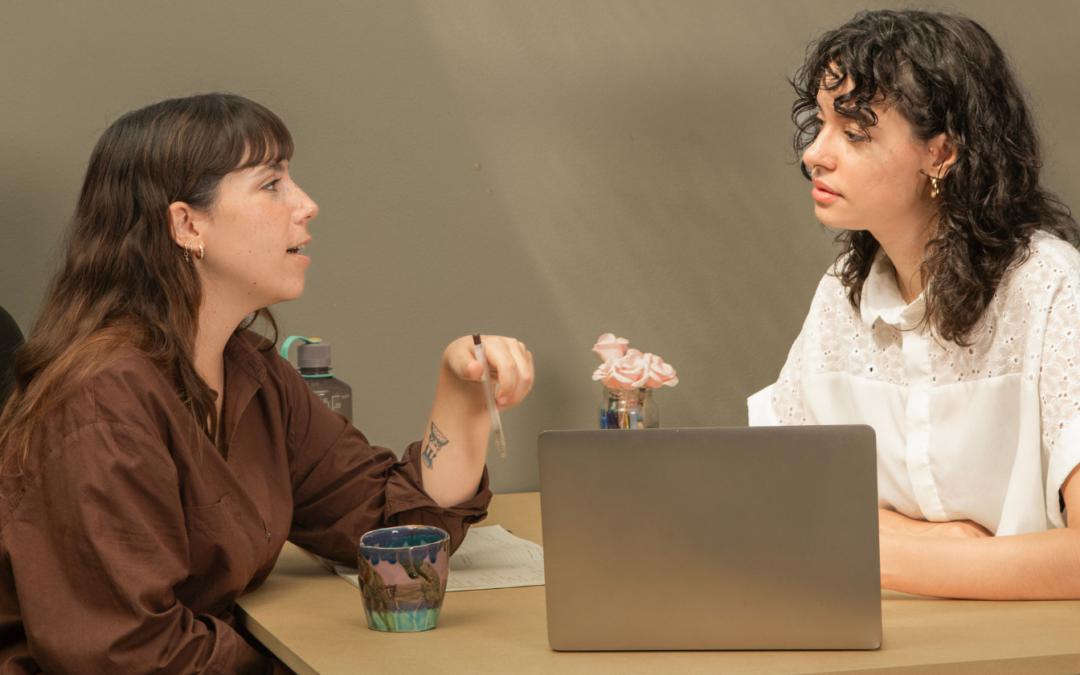Life’s a journey, and as we navigate through it, certain people accompany us for a while, then our paths diverge.
Friendships are a vital part of life, but not all of them are meant to last forever.
According to psychology, this is totally normal—it’s all part of growth—like how we outgrow clothes, hobbies and yes, even friends.
As we grow and evolve, our needs, priorities, and values can shift, making some friendships feel less aligned over time.
According to psychology, there are seven types of friends you’re likely to outgrow as you move through different stages of life:
1) The one-upper friend
The one-upper friend always seem to have a story that tops yours, whether it’s about their amazing vacation, their high-paying job, or their picture-perfect relationship.
This is what psychologists refer to as “one-upmanship.”
Over time, this constant need to outshine can become draining—it can make us feel like we’re in a constant competition, rather than in a supportive friendship.
As we grow and mature, we tend to seek out relationships that are based on mutual respect and understanding, rather than constant comparisons.
So, don’t be surprised if you find yourself drifting away from the one-upper.
2) The party animal friend
In my early twenties, I had a friend named Jack.
Jack was the life of every party and was always up for a good time and, whenever we hung out, it was a guarantee that we would end up at a party or bar.
Our friendship was all about having fun, which was great at the time but, as I started focusing more on my career and personal growth, I found our lifestyles didn’t sync up anymore.
It’s not that Jack wasn’t a good friend, or that I didn’t enjoy our time together—it’s just that my priorities shifted.
If you find yourself in a similar situation, know that it’s okay to move forward.
3) The drama queen friend
We all know the type—the friend who seems to thrive on drama.
Every interaction is an emotional rollercoaster, with highs and lows that can leave us feeling exhausted.
Interestingly, an article by VeryWell Mind found that people who are prone to dramatics often have a higher need for attention and approval so this can result in behavior that’s constantly seeking reactions from others—in short, they have attention-seeking behavior.
As we mature, we often seek peace and stability in our relationships and the constant turbulence of a drama-fueled friendship can become too much.
4) The fair-weather friend
Fair-weather friends are those who are only around when things are going well.
When you’re celebrating a success or just generally having a good time, they’re right there with you—but when things get tough, they’re nowhere to be found.
The inconsistency of these friendships can be hurtful and it’s during our hardest times that we need support the most.
As we grow, we begin to value friendships that are reliable and steadfast, ones that can weather the bad times as well as the good.
5) The negative friend
I once had a friend who seemed to have a knack for turning every conversation into a complaint; no matter what we were talking about, she’d somehow manage to steer the conversation towards her problems.
At first, I didn’t mind lending an ear—that’s what friends do, right?
But, over time, I noticed that our conversations left me feeling drained and downcast.
I realized that her negativity was affecting my own mood and outlook.
Psychology tells us that emotions are contagious as we can unconsciously pick up on and mirror the emotions of those around us—this is why it’s so important to surround ourselves with positive influences.
This is your sign to leave you overly negative companion—there’s nothing wrong with prioritizing your own mental and emotional health.
6) The self-centered friend
Self-centered friends are the ones who are always talking about themselves.
Whether it’s their latest achievement, their newest purchase, or their ongoing dramas, the conversation always seems to circle back to them.
The issue with these types of friendships is that they often lack balance—a healthy friendship should involve give and take, with both parties showing interest in each other’s lives.
As we grow and evolve, we often seek deeper connections based on mutual respect and understanding, so this can make friendships with self-centered individuals feel superficial and unsatisfying.
7) The unreliable friend
The most important thing to understand about outgrowing friends is about recognizing what you need to thrive and grow as a person.
Having a friend who constantly cancels plans or fails to follow through on promises can leave you feeling undervalued and taken for granted.
Friends should enrich your life, not make it more difficult.
If a friendship feels more like a burden than a blessing, it might be time to reassess—prioritize your own peace and happiness.
Final thoughts: The essence of growth
The evolution of friendships is deeply intertwined with our personal growth.
According to a medically reviewed article by Better Help, our social circles can influence how we act, think, or behave in a certain way—even under social pressure.
As we grow, our values and priorities shift, often causing us to drift from friends who no longer align with who we’re becoming.
This process is a natural part of evolving and seeking relationships that fit your changing needs—outgrowing friendships is normal and reflects personal growth.
It’s okay to let go and move forward as you embrace the changes in your journey.
After all, change is the one constant in life.









